November 19, 2025 | 06:04 GMT +7
November 19, 2025 | 06:04 GMT +7
Hotline: 0913.378.918
November 19, 2025 | 06:04 GMT +7
Hotline: 0913.378.918
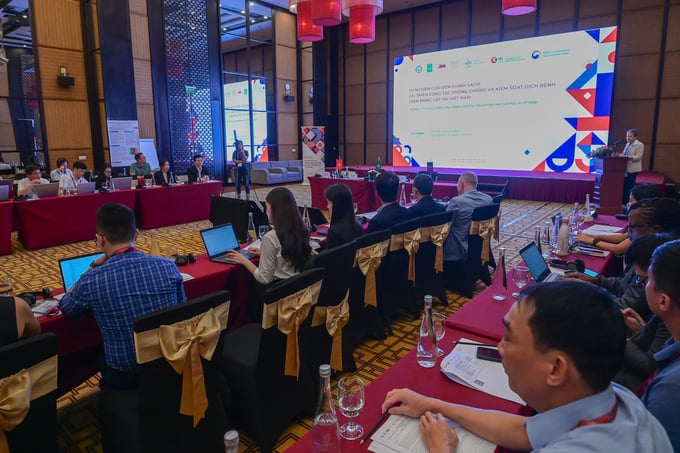
The workshop "Improving animal disease prevention and control in Vietnam" took place in Ha Long, Quang Ninh. In the photo, Dr. Shirley Tarawali - Deputy Director General of ILRI delivered the opening speech of the workshop. Photo: Tung Dinh.
Currently, African swine fever (ASF) is a dangerous infectious disease that affects pigs, and “has been classified as an epidemic and notifiable disease under Circular No. 24/2019/TT by the Ministry of Agriculture and Rural Development (MARD). While ASF is not transmissible to humans, its rapid spread can destroy entire herds, resulting in devastating economic losses, damaging livelihoods and threatening the agricultural sector.
Faced with the challenges caused by ASF, the Department of Animal Health, the National Institute of Veterinary Research and the International Livestock Research Institute (ILRI) have conducted a number of studies and projects in Vietnam.
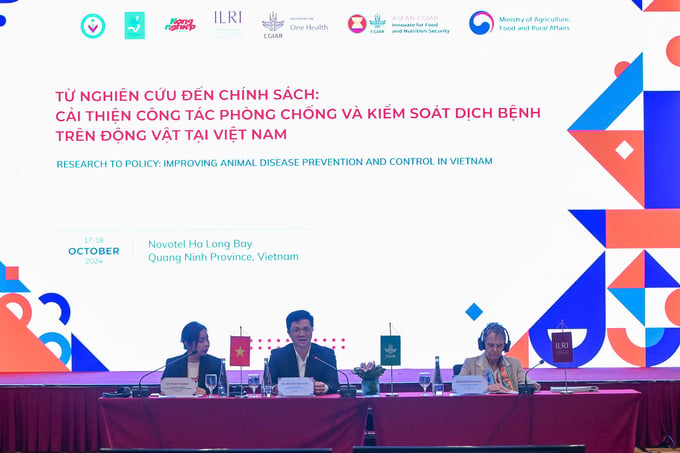
Realizing the urgent need for effective disease prevention and control measures, the Department of Animal Health, the National Institute of Animal Health and ILRI jointly organized the workshop "From Research to Policy: Improving Animal Disease Prevention and Control in Vietnam" held on October 17-18, 2024 in Ha Long city, Quang Ninh province.
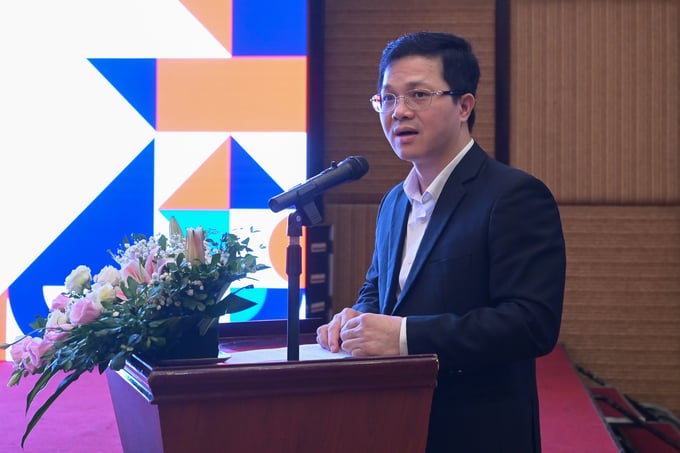
Dr. Nguyen Van Long, Director of the Department of Animal Health (Ministry of Agriculture and Rural Development) delivered the opening speech at the workshop. Photo: Tung Dinh.
The workshop aimed to bridge the gap between research and policy, focusing on sharing the latest research findings related to ASF prevention and control both domestically and internationally. Speakers presented on a wide range of topics, including an overview of the current ASF situation in Vietnam, innovative approaches to disease control, progress in vaccine development, and success stories from stakeholders in the livestock industry.
Dr. Nguyen Van Long, Director of the Department of Animal Health (MARD), highly appreciated the importance of multi-sectoral cooperation, stating: “To effectively control ASF, we need strong coordination among government agencies, research institutions, businesses, international partners, and, most importantly, pig farmers. This work will be supported by research that is synthesized and analyzed to inform the formulation of policies that respond to animal disease challenges.”
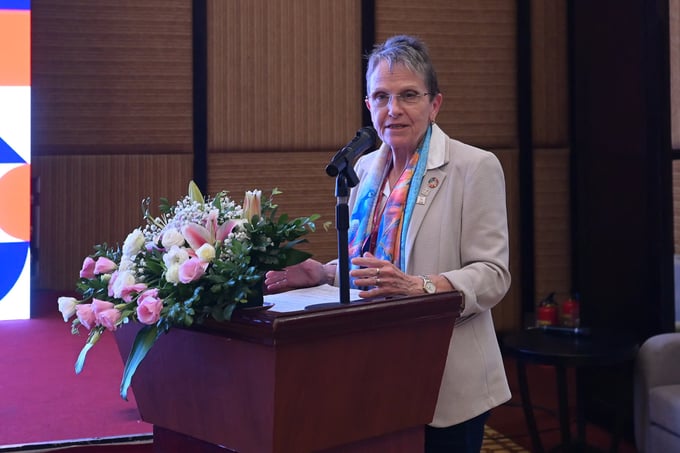
Dr. Shirley Tarawali - Assistant Director General of ILRI delivered the opening speech at the workshop. Photo: Tung Dinh.
Meanwhile, Dr. Shirley Tarawali, Deputy Director General of ILRI, emphasized the importance of the workshop: “Addressing these challenges requires intensive effort from all stakeholders. The integration of research findings into policymaking is crucial for developing effective disease prevention and control strategies. Together, we can make a significant difference in addressing the challenges faced by the livestock sector and thus realize the full contribution of livestock to a more resilient and sustainable agricultural system.”
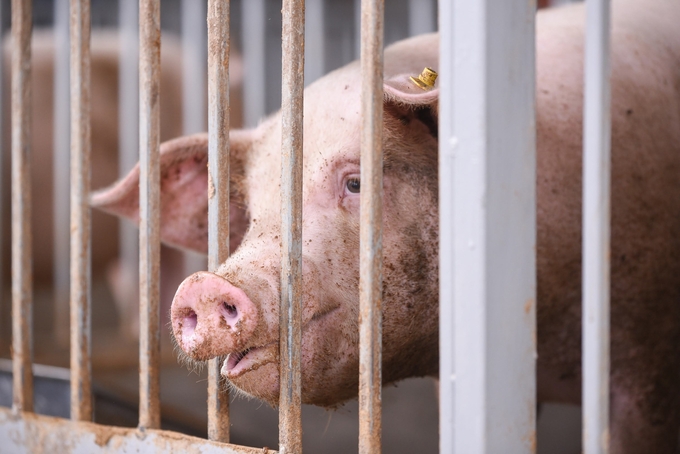
The conference will share the latest research results related to ASF prevention and control both domestically and internationally. Photo: Tung Dinh.
A significant outcome of the workshop was the development of actionable recommendations for the upcoming National Plan on ASF Prevention and Control (NPAPC) for 2026-2030. Participants identified the need for enhanced public-private partnerships to strengthen the effectiveness of ASF response strategies.
The collaborative effort underscored the necessity of integrating scientific evidence into policymaking, ensuring that the latest research findings inform and influence decision-making processes.
Translated by Quynh Chi

(VAN) Deputy Prime Minister Tran Hong Ha convened a meeting with the MAE and relevant agencies to discuss the draft decree on national multidimensional poverty standards for the 2026 - 2030 period.

(VAN) The year 2025 marks the 10th anniversary since more than 190 countries adopted the Paris Agreement on climate change, paving the way for strengthened global action.

(VAN) The PepsiCo Foundation funded the project ‘New Harvest: Sustainable Agriculture Initiative’, focusing on regenerative agriculture and climate change.

(VAN) Dr. Nguyen Viet Hung, ILRI's Regional Director for Asia, emphasized the One Health approach in ensuring food safety and reducing antimicrobial resistance risks in livestock.

(VAN) The youth-driven initiative ‘Innovate for water, act for the future’ seeks practical, scalable solutions to Vietnam’s water challenges.

(VAN) At the Annual Science Conference of Thuyloi University, Deputy Minister Phung Duc Tien directed researchers to focus on in-depth studies, data harmonization, and solutions linked to real-world practice.

(VAN) After nearly four years of implementation, 5,187 community agricultural extension groups have been established nationwide, with 47,493 members participating.